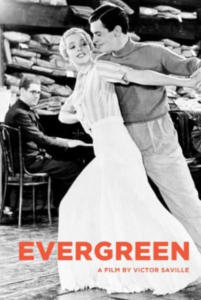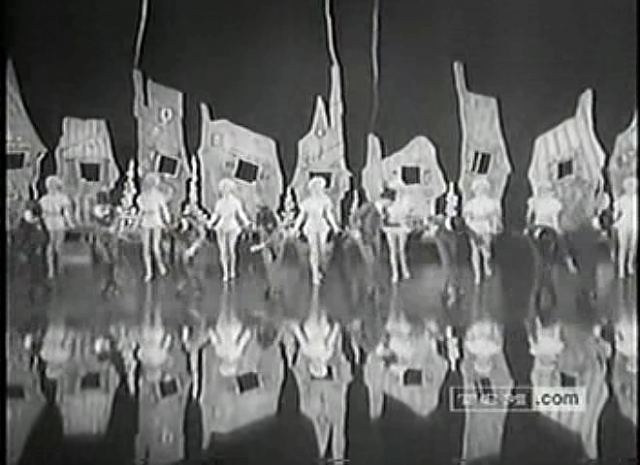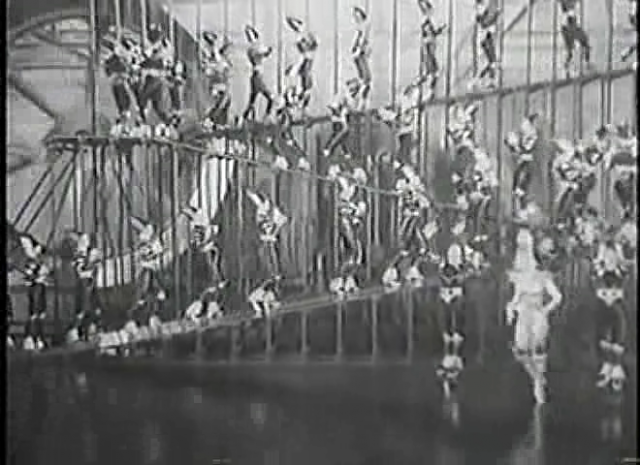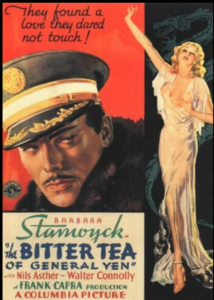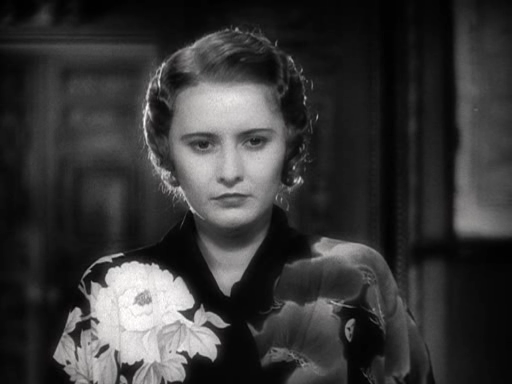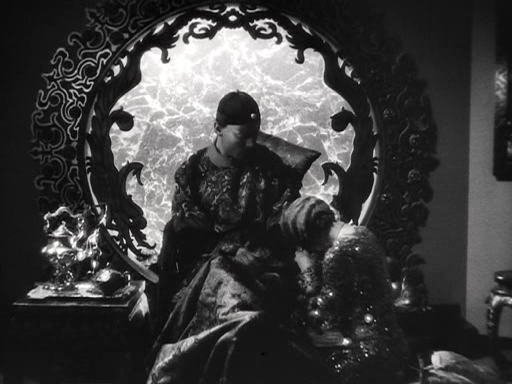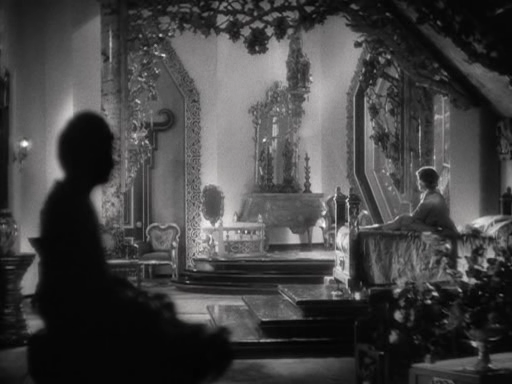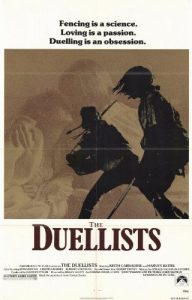|
Genres, Themes, Actors, and Directors:
- Feuds
- Harvey Keitel Films
- Historical Drama
- Keith Carradine Films
- Ridley Scott Films
- Rivalry
- Soldiers
Response to Peary’s Review:
As Peary notes, this “excellent, highly original” first feature by Ridley Scott features “exquisite photography” by D.P. Frank Tidy and meticulous “attention to period detail”. Unlike Scott’s later blockbuster films — such as Alien (1979), Blade Runner (1985), and Gladiator (2000) — The Duellists (based on a 60-page short story by Joseph Conrad) was “not an ideal commercial project”, and has remained more of a favorite with critics than with the masses. Keitel and Carradine’s series of “exciting, brutal and realistic” duels — which “parallel the ongoing, equally senseless Napoleonic Wars” — are posited as a thinly veiled attack on “nations that are enemies because of events that happened long ago and are long forgotten”. Interestingly — and perhaps strategically — it’s never made entirely clear why Keitel’s Feraud challenges Carradine’s D’Hubert to a duel in the first place; we simply get the sense that he’s a pugnacious, “temperamental brute” who’s continually “itching for a fight”. While it’s difficult not to wish that Scott’s original choices to play D’Hubert and Feraud — Michael York and Oliver Reed (sigh) — had been cast, I’ll agree with Peary and most other critics that Carradine and Keitel, despite their anachronistic American accents, eventually emerge as compelling leads.
Redeeming Qualities and Moments:
- A compelling tale of an enduring rivalry
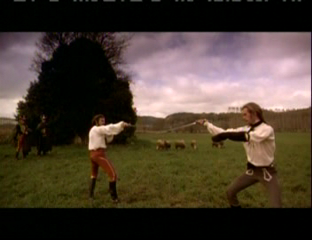
- Frank Tidy’s gorgeous cinematography
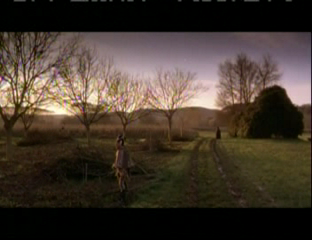
- Impressive period detail
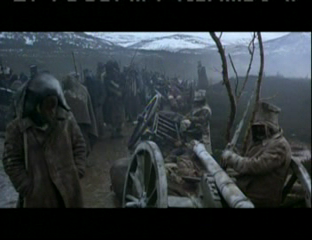
- Fine supporting performances
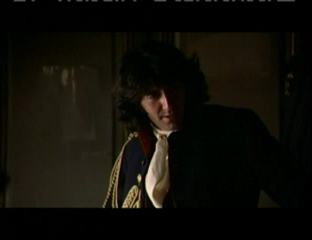
Must See?
Yes, as an impressive debut by a master director.
Categories
Links:
|
